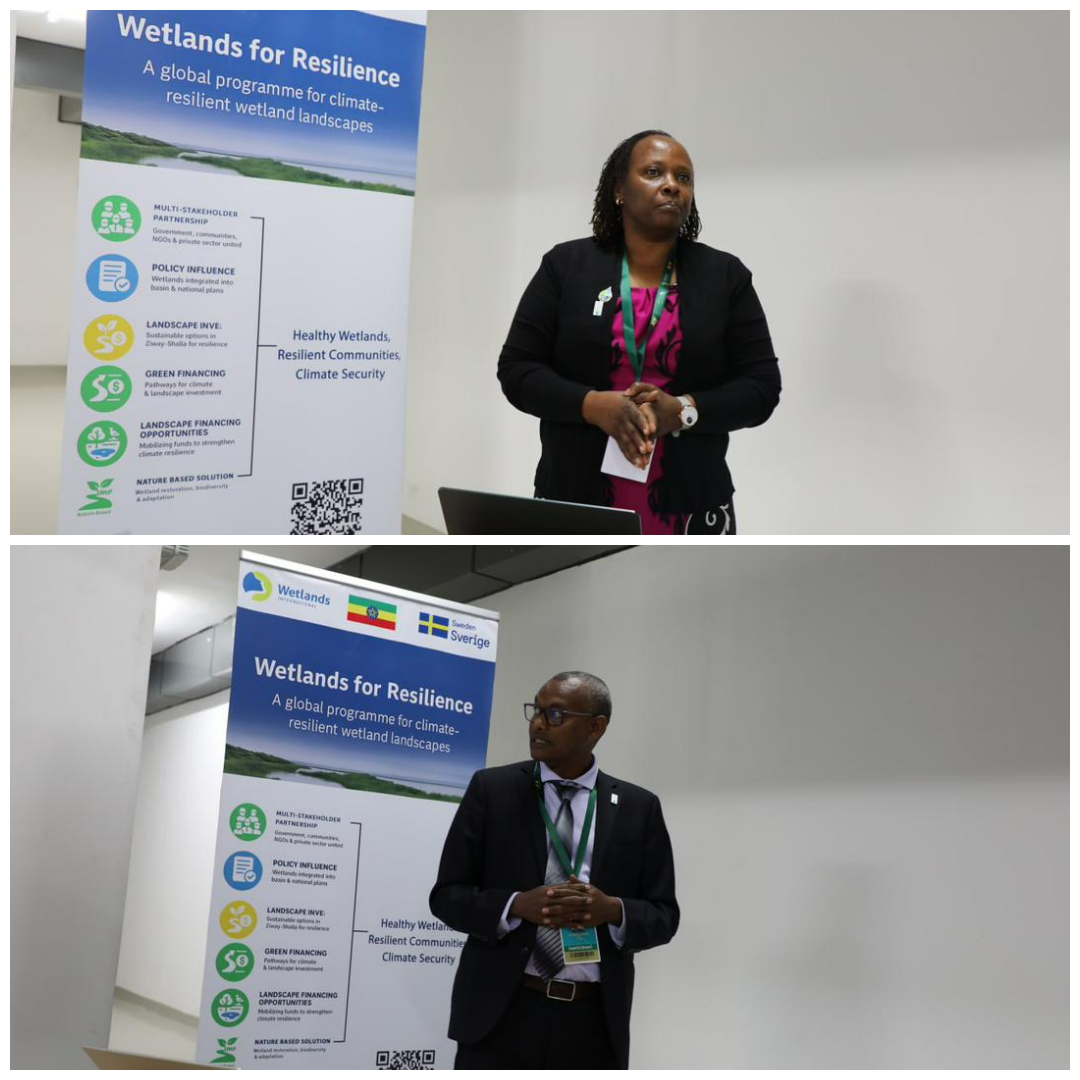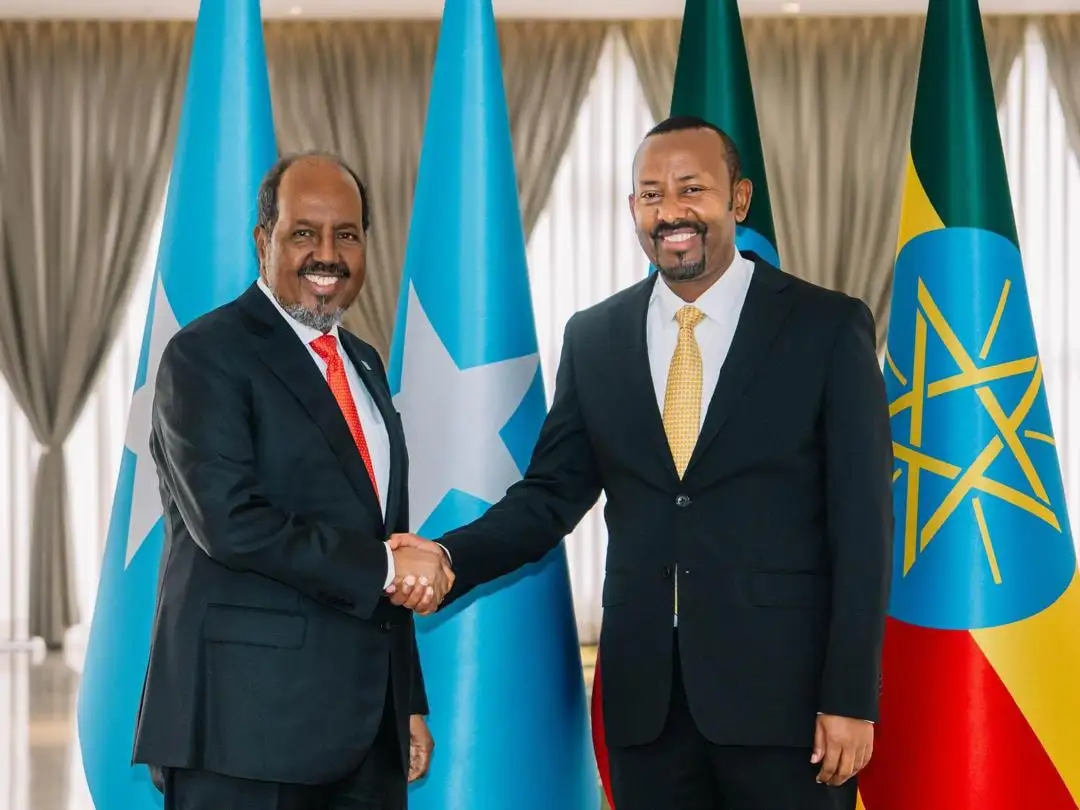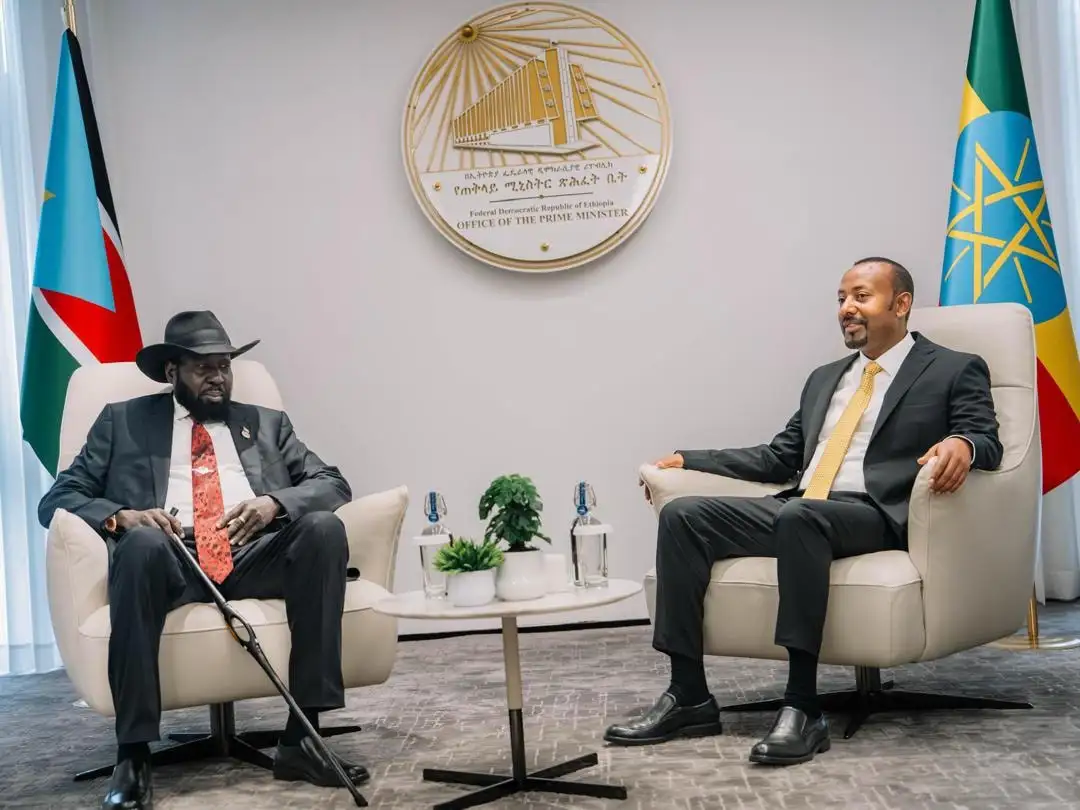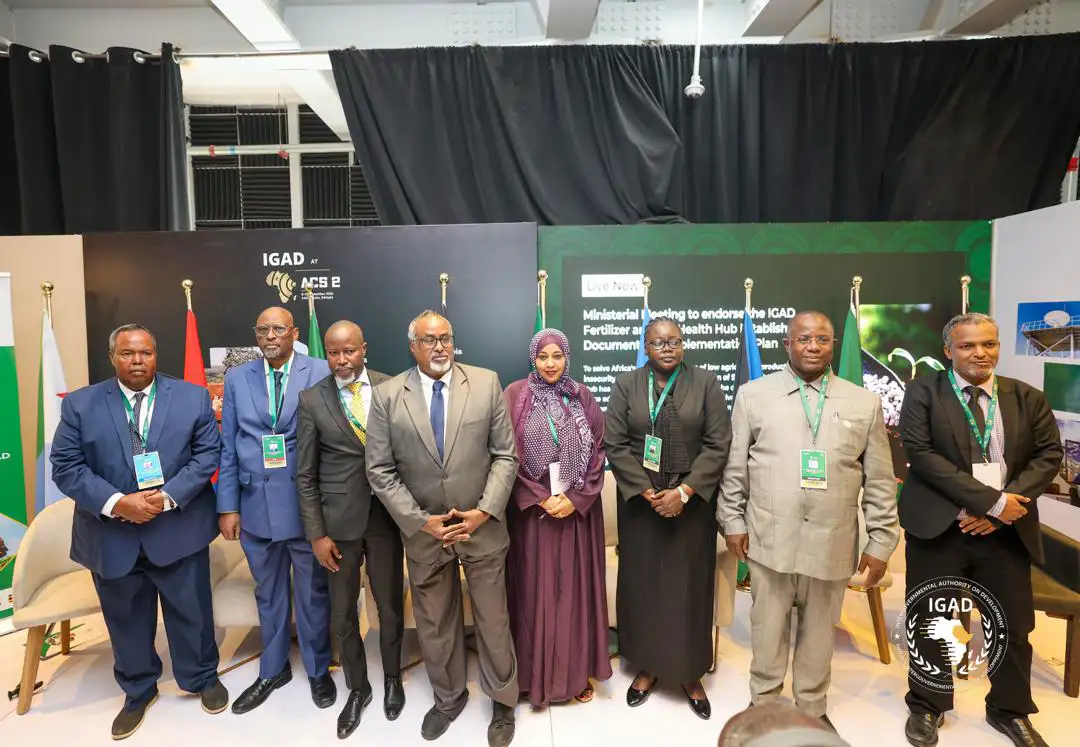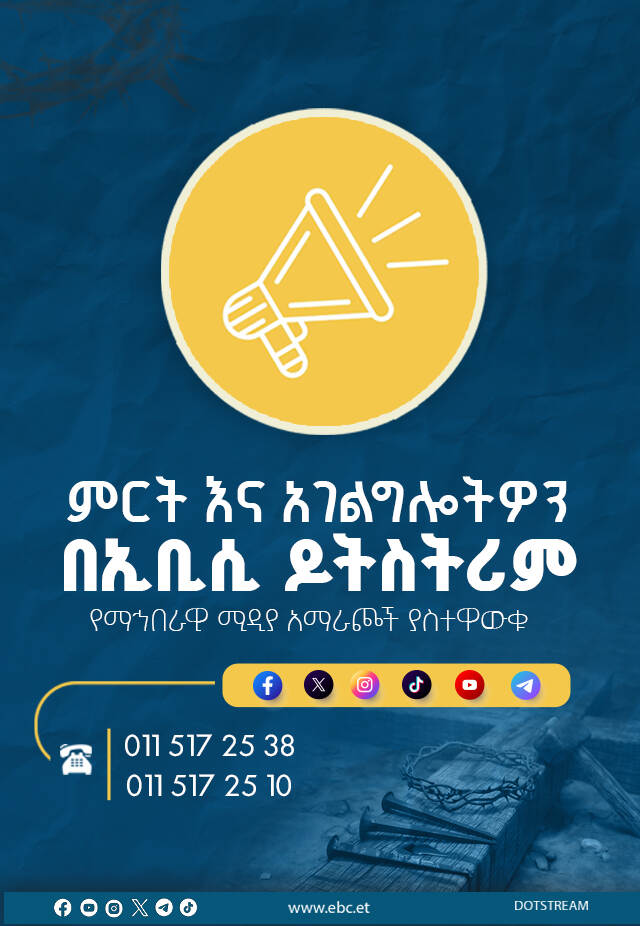Africa's rapidly disappearing wetlands are not just environmental assets but crucial pillars for climate resilience and economic development, experts declared at a high-level side event during the Africa Climate Summit 2 (ACS2) held on September 9, 2025, at the Addis International Convention Centre.
The event, organised by Wetlands International Ethiopia in partnership with the Federal Democratic Republic of Ethiopia (FDRE) and the Swedish International Development Cooperation Agency (Sida), aimed to shift the narrative around wetlands, positioning them as central to national economic planning and green development pathways.
"Africa stands at a critical juncture," stated Dr. Julie Mulonga, Director of Wetlands International Eastern Africa, located in Nairobi, Kenya, during her opening remarks. "Our wetlands, including rivers, lakes, marshes, and mangroves, are being undervalued and are disappearing three times faster than forests. We must recognise their immense potential."
The dialogue convened leaders from government, civil society, the private sector, academia, and youth networks to forge a common agenda.
The event focused on three thematic areas: valuing wetlands as Africa's natural capital, wetlands as nature-based solutions for climate resilience, and unlocking innovative finance and partnerships.
Dr. Simeneh Shiferaw, the country representative of Wetlands International Ethiopia office, began by introducing the global Wetlands International network offices, dedicated to safeguarding and restoring wetlands. He explained that the event aims to highlight wetlands’ role in climate resilience and development, foster cross-sector exchange, and mobilize commitments for investment. The expected outcomes include raising awareness of wetlands as natural capital, shaping policy messages, and building partnerships.
He described the different types of wetlands and emphasized their multiple roles as catalysts for climate resilience and green development, particularly through carbon storage and other ecosystem services. Dr. Simeneh stressed that when we lose wetlands, we also lose biodiversity, water regulation, and livelihood. Therefore, wetlands must be revalued, recognized, and maintained as core elements of environmental sustainability.
Turning to the state of wetlands in Africa, Dr. Simeneh noted with concern their alarming rate of decline. He highlighted the major threats driving this loss, including data deficiencies, limited technical capacity, fragmented approaches, inadequate resource mobilization, and significant governance gaps. These, he said, require urgent and collective action if wetlands are to be secured for future generations.
He went on to frame wetlands as vital natural capital, underscoring that they should be seen as assets worth investing in. This calls for scaling up investments in wetland protection innovating financial mechanisms to support sustainable management, strengthening policy frameworks, and building effective institutional arrangements.
Dr. Simeneh concluded by calling on stakeholders to work together to address the threats and unlock the full potential of wetlands as a foundation for climate resilience and sustainable development in Africa.
Debebe Deferso, CEO of Integrated Water Resources Management (IWRM) within the Ministry of Water and Energy (MoWE), situated in Addis Ababa, highlighted the importance of integrated policies. "Effective wetland management requires breaking down silos between ministries of environment, water, agriculture, finance, and planning," he stated.
Panellists discussed how governments can move from viewing wetlands as "free" resources to treating them as essential infrastructure assets that underpin economic stability and growth.
They also explored the practical application of wetlands as nature-based solutions for climate adaptation, arguing that investing in wetland conservation and restoration can be more cost-effective and sustainable than relying solely on grey infrastructure.
The event aimed to generate actionable policy recommendations that can be integrated into the official ACS2 declarations and subsequent climate action frameworks.
Mekuria Meshesha, Country Coordinator for the 2030 Water Resources Group (2030 WRG), based in Addis Ababa, emphasised the importance of ensuring wetlands are central to Africa's unified climate position.
Prof. Melese Damite, Professor at Addis Ababa University, representing academia, highlighted the need for increased research and data collection to better understand the value of wetlands and inform policy decisions.
Yordanos Getachew, a youth representative, emphasised the importance of engaging young people in wetland conservation efforts.
The event concluded with a call to action, urging policymakers and influencers to integrate wetland conservation into national climate action plans and development strategies.
Organisers hope the event will lead to increased political will, actionable policy recommendations, and new collaborative initiatives aimed at mobilising investment for specific wetland landscapes. The goal is to ensure that Africa's wetlands are recognised and valued as a cornerstone of a resilient and prosperous continent.
